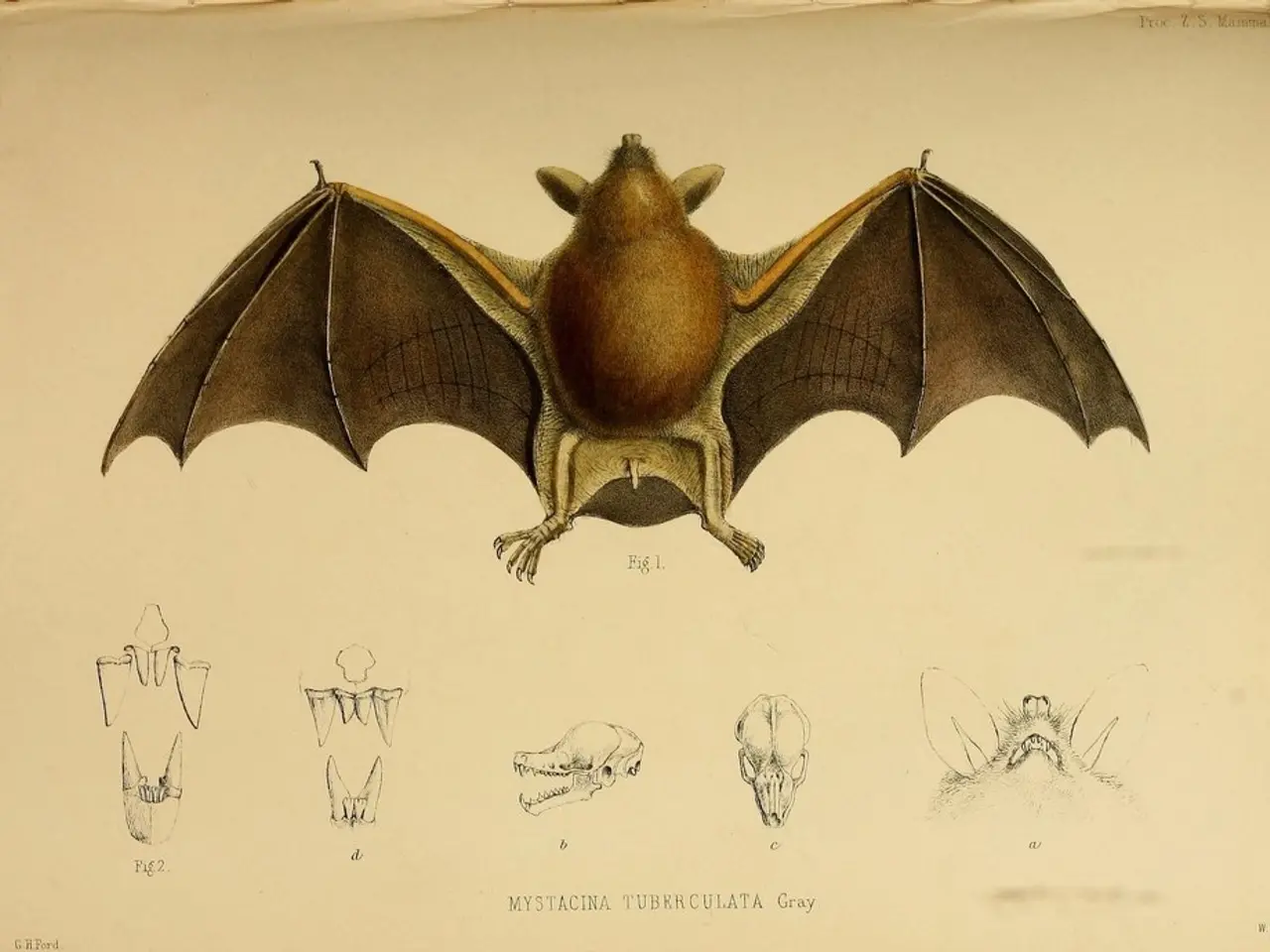Nissan Leaf manufactured in the UK deemed advantageous for upcoming electric vehicle subsidy
The UK government's Electric Car Grant (ECG) is a financial incentive designed to promote electric vehicle (EV) manufacturing in Britain and align with international climate goals. To qualify for the maximum £3,750 grant, a vehicle must meet stringent science-based emissions and sustainability targets.
Here are the criteria for the ECG:
- Tailpipe emissions: The vehicle must be zero-emission.
- Price: The vehicle must cost £37,000 or less.
- Battery range: The vehicle must have a minimum battery range of 100 miles.
- Battery warranty: The vehicle must come with at least an 8-year battery warranty.
- Manufacturer commitment: The manufacturer must hold verified science-based targets (SBTs) for emissions reduction. These targets are commitments verified by the independent Science Based Targets Initiative (SBTi), ensuring alignment with limiting global warming to 1.5°C or well below 2°C, as per the Paris Agreement.
- Production emissions standards for max grant: To qualify for the full £3,750 grant, vehicles must meet the highest sustainability standards, including embedded carbon reduction in their production lifecycle. This includes battery and assembly emissions assessed relative to the electricity grid carbon intensity in the production countries.
Vehicles that meet only the minimum environmental criteria qualify for a lower grant of £1,500. The specific science-based emissions criteria relate to manufacturers demonstrating verified science-based targets to reduce greenhouse gases throughout the vehicle’s lifecycle, especially embedded carbon from production, not just tailpipe emissions.
The government evaluates emissions associated with vehicle production, including battery manufacture and assembly, and aligns these with UK and international climate goals to determine the grant band.
The new Sunderland-built Nissan Leaf is in a strong position to benefit from the ECG as it meets the science-based targets for emissions. The ECG grants are banded according to the emissions performance of the electric vehicle, making the Nissan Leaf eligible for the maximum £3,750 grant.
Sources: [1] GOV.UK. (2021). Electric Vehicle Homecharge Scheme. Retrieved from https://www.gov.uk/government/publications/electric-vehicle-homecharge-scheme-guidance/electric-vehicle-homecharge-scheme-guidance
[2] GOV.UK. (2021). Plug-in Car and Van Grants. Retrieved from https://www.gov.uk/government/publications/plug-in-car-and-van-grants/plug-in-car-and-van-grants
[3] Science Based Targets Initiative. (2021). About. Retrieved from https://sciencebasedtargets.org/about
[4] Nissan. (2021). All-New Nissan LEAF. Retrieved from https://www.nissan.co.uk/cars/electric/all-new-nissan-leaf
- To receive the highest £3,750 Electric Car Grant, vehicles must not only meet stringent science-based emissions targets during their lifecycle but also hold verified science-based targets for emissions reduction, as verified by the Science Based Targets Initiative.
- The Electric Car Grant also considers production emissions standards, including embedded carbon reduction in the production lifecycle, bringing environmental-science and industry together to align with international climate goals and promote a sustainable technology future.




